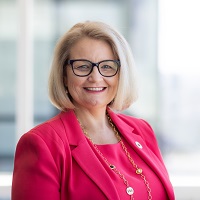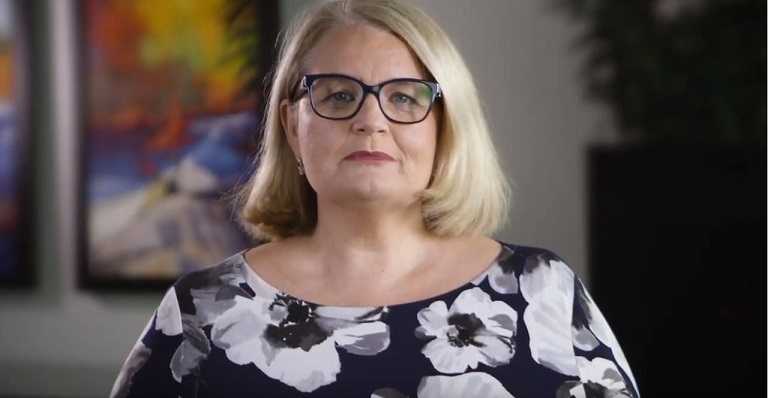
There are many things we don’t get to choose in life. The family, time and place we’re born. Our gender and skin colour, or physical abilities. I am an able-bodied, straight, white woman, born into a Catholic, working-class family in Belfast, Northern Ireland. Some of this has worked to my advantage; some of it has not. But none of this was my choice. It’s just the way it is.
This is important because I want to talk about those choices we do have. Particularly the choices we make about how we interact with others not born at a time, place, or into the same community and kind as our own. This is where, too often, I believe we fail, as individuals, as communities, and corporations.
This year, while the world is wrestling with a-once-in-a-lifetime global health crisis, we are also dealing with another social ill that has persisted for too many lifetimes: the crisis of systemic racism.
This summer was an awakening. The killings of George Floyd, Breonna Taylor, and so many others, have provoked a global conversation. Export Development Canada has not been exempt from this. Our employees, to their credit, have pushed for a strong response.
Our answer is captured in a strategy that we call Inclusion, Diversity and Equity. In some ways, it’s an extension of work we had already begun. But without a doubt, the events of 2020 brought fresh urgency to it. We have taken on a new Chief Diversity Officer who has already led us through a rigorous process of analysis and reflection. Many difficult questions have been surfaced and the learning has begun about just how far we have to go as an organization; understanding our unconscious biases, realizing the power of language to heal and to hurt, and recognizing the impact of the millions of “microaggressions” one person can experience over the course of a career, and a lifetime.
On another front, earlier this year, we began the effort to revisit our approaches to EDC’s internal procurement processes. We’ve also started looking at building new external partnerships to ensure we have opportunities to work with organizations that are representative of the full spectrum of Canada’s many communities.
There’s more we’re doing. We’re upping our game to better understand our employees – who they are, where they come from and the hurdles they face. We’re reviewing our hiring and promotion practices to unearth the biases these may display. And, of course, we’re looking for ways to grow our awareness and understanding of these systemic issues, through education, training and dialogue.
Some might wonder if this is the right time to take on a mission like this; when we’re already fully occupied responding to a global pandemic.
But if a pandemic is defined as “a disease that spreads over an entire country or the whole world,” then I think we should be able to agree that COVID-19 is not the only pandemic that confronts us. The racism, sexism, and discrimination of all kinds that we still live with today cannot wait any longer to be addressed. These are the symptoms of the original pandemic, and it has been with us too long.
As the president of a major Canadian financial institution facilitating trade and investment around the world, there are multiple business reasons to take this on. My job as a leader is to ensure EDC is ready to respond to the realities faced by our customers and our economy. The best way to do that is by welcoming a workforce that is as diverse as Canada is. And to welcome that diversity not just through our hiring, but throughout our leadership levels, our planning groups, our frontlines, and our support teams. Through that lens, I think it’s easy to see that – in addition to being the right thing to do – taking a proactive approach is also an important investment in ourselves.
Over the course of a lifetime, almost all of us will face some barriers that are particular to our circumstances – circumstances we did not choose. I know I did. But looking back, those are nothing compared to the systemic challenges faced by so many millions of people every day, in Canada, the United States, and around the world.
The choices I made were to push back where I could, to try to overcome, and to educate others…and myself. It’s the same choice that EDC is making today. Of course, no one government or company is going to find the “cure” to these systemic issues, but that’s not why we’re doing this. EDC is simply choosing to be part of the solution.
We can’t wait for one pandemic to end before we take on the other. To my mind, now is the time to act.





